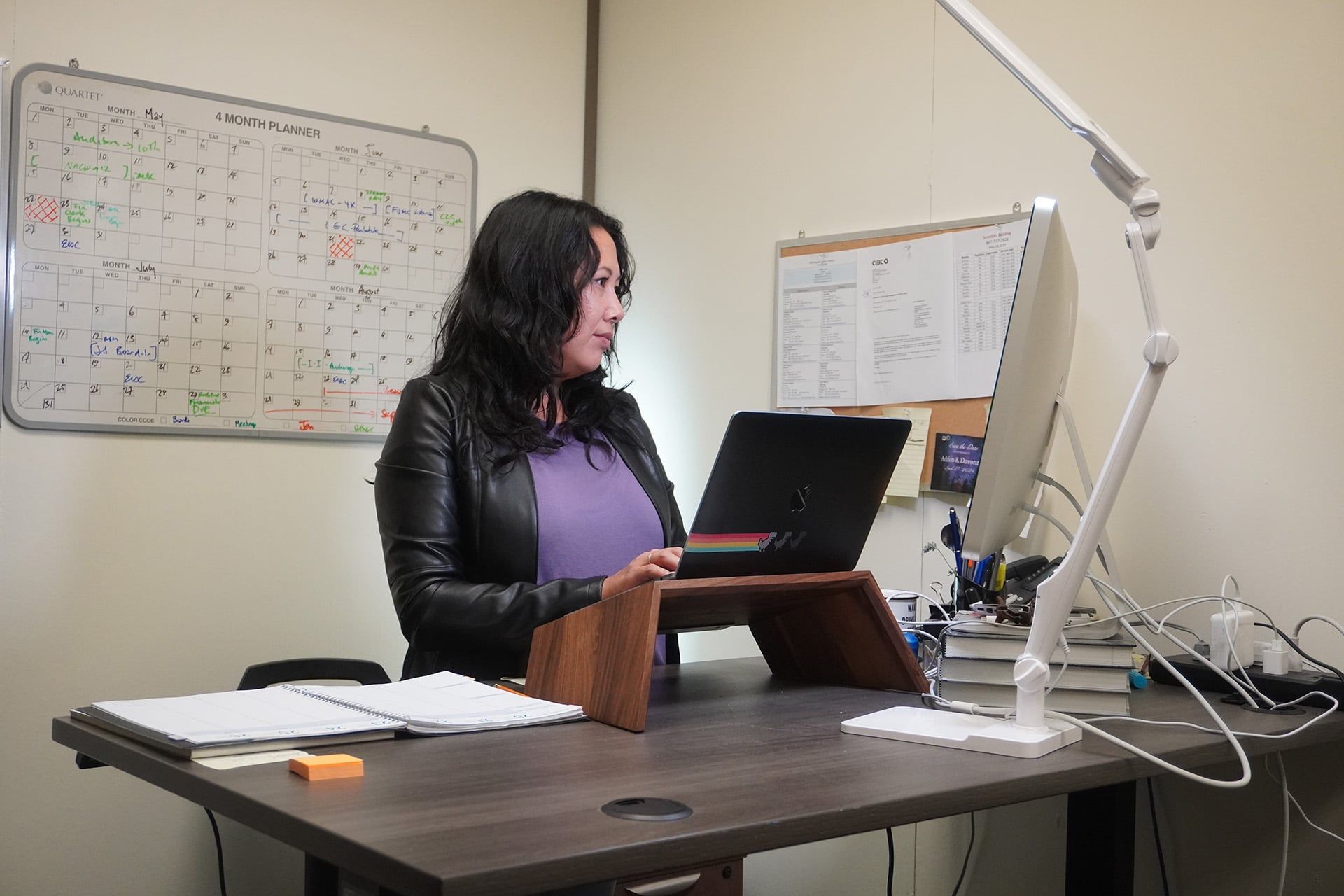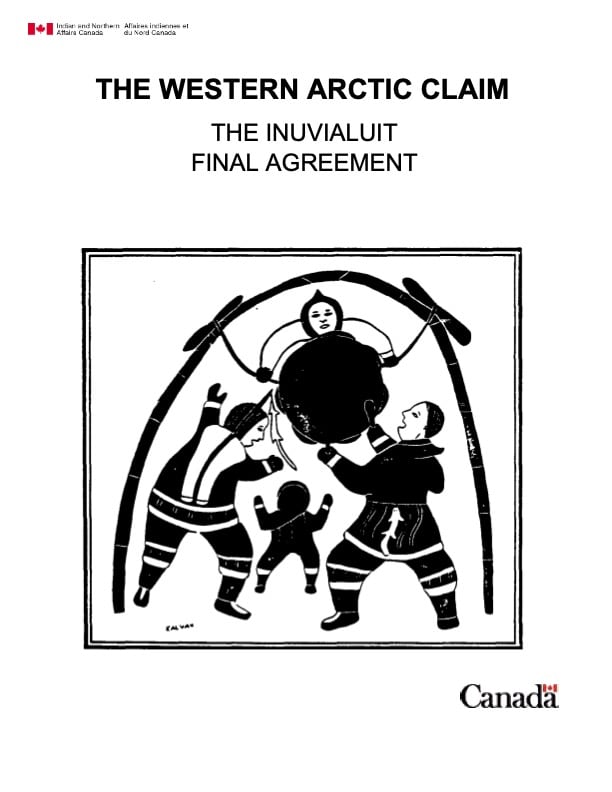
Resource Library
Discover our library of resources to deepen your knowledge of EIRB and the Co-Management System.
Filter
-
Environmental Impact Review Guidelines
The Environmental Impact Review Guidelines are for the environmental impact review of proposed developments by the Environmental Impact Review Board in the Inuvialuit Settlement Region of the Northwest Territories, and the North Slope Region of the Yukon. The Review Board has established these Review Guidelines to provide guidance and direction to parties participating in the environmental impact review of proposed developments.
-
United Nations Declaration on Rights of Indigenous Peoples Engagement QA
This document explains the United Nations Declaration on the Rights of Indigenous Peoples. It highlights the Declaration as a roadmap for reconciliation with Indigenous peoples, emphasizing the need to respect and protect their human rights. The document discusses Canada’s commitment to implementing the Declaration, outlining its significance in promoting justice, peace, and reconciliation. It also addresses systemic racism and discrimination, aiming to ensure equal treatment and opportunities for Indigenous communities. The guide underlines Canada’s efforts in aligning its laws and policies with the Declaration’s principles, marking a significant step towards upholding Indigenous rights globally.
-
United Nations Declaration on Rights of Indigenous Peoples
The United Nations Declaration on the Rights of Indigenous Peoples (UNDRIP) was adopted by the General Assembly on Thursday, 13 September 2007.
-
Inuvialuit Final Agreement

In 1984, Parliament enacted the Western Arctic Claims (Inuvialuit) Settlement Act, thereby giving effect to the Inuvialuit Final Agreement (IFA). The IFA, which emphasizes the importance of wildlife and wildlife harvesting, is a land claims agreement within the meaning of section 35(3) of the Constitution Act, 1982 and takes precedence over other legislation which may conflict or be inconsistent with it.
The goals of the Inuvialuit Final Agreement are:
- To preserve Inuvialuit cultural identity and values within a changing northern society.
- To enable Inuvialuit to be equal and meaningful participants in the northern and national economy and society.
- To protect and preserve Arctic wildlife, environment and biological productivity.
To assist in meeting these goals, a co-management system was developed through the IFA. The EIRB is an integral part of this co-management system.
-
Inuvialuit Settlement Region
The Inuvialuit Settlement Region (ISR), as outlined in the Inuvialuit Final Agreement and the Western Arctic (Inuvialuit) Claims Settlement Act, is the area of land and water traditionally used by the Inuvialuit. Through the IFA, the Inuvialuit own a total of 35,000 square miles (approx.: 91,000 square kilometers) of land in the Northwest Territories, and the North Slope Region of the Yukon.
Maps
-
Community Conservation Plans GIS Maps
-
Advisory Committee for Cooperation on Wildlife Management (ACCWM)
ACCWM promotes cooperative wildlife management, bringing together various stakeholders to ensure wildlife and habitat conservation in the North.
-
The Joint Secretariat
The Joint Secretariat offers support to the co-management boards established under the Inuvialuit Final Agreement, providing administrative, research, and advisory services.
-
NWT Board Forum
The NWT Board Forum provides a collaborative platform for boards in the Northwest Territories to share information, coordinate activities, and discuss best practices related to land and resource management.
-
Environmental Impact Screening Committee (EISC)
EISC screens development proposals in the Inuvialuit Settlement Region to ensure that potential impacts are thoroughly considered and addressed.
-
The United Nations Declaration on the Rights of Indigenous Peoples explained (UNDRIP)
UNDRIP is a comprehensive document that outlines the rights of indigenous peoples and provides a framework for their protection and well-being globally.
-
Crown-Indigenous Relations and Northern Affairs Canada (CIRNAC)
CIRNAC leads the government’s work in the North and on issues affecting Indigenous peoples, focusing on building stronger relationships and improving quality of life.